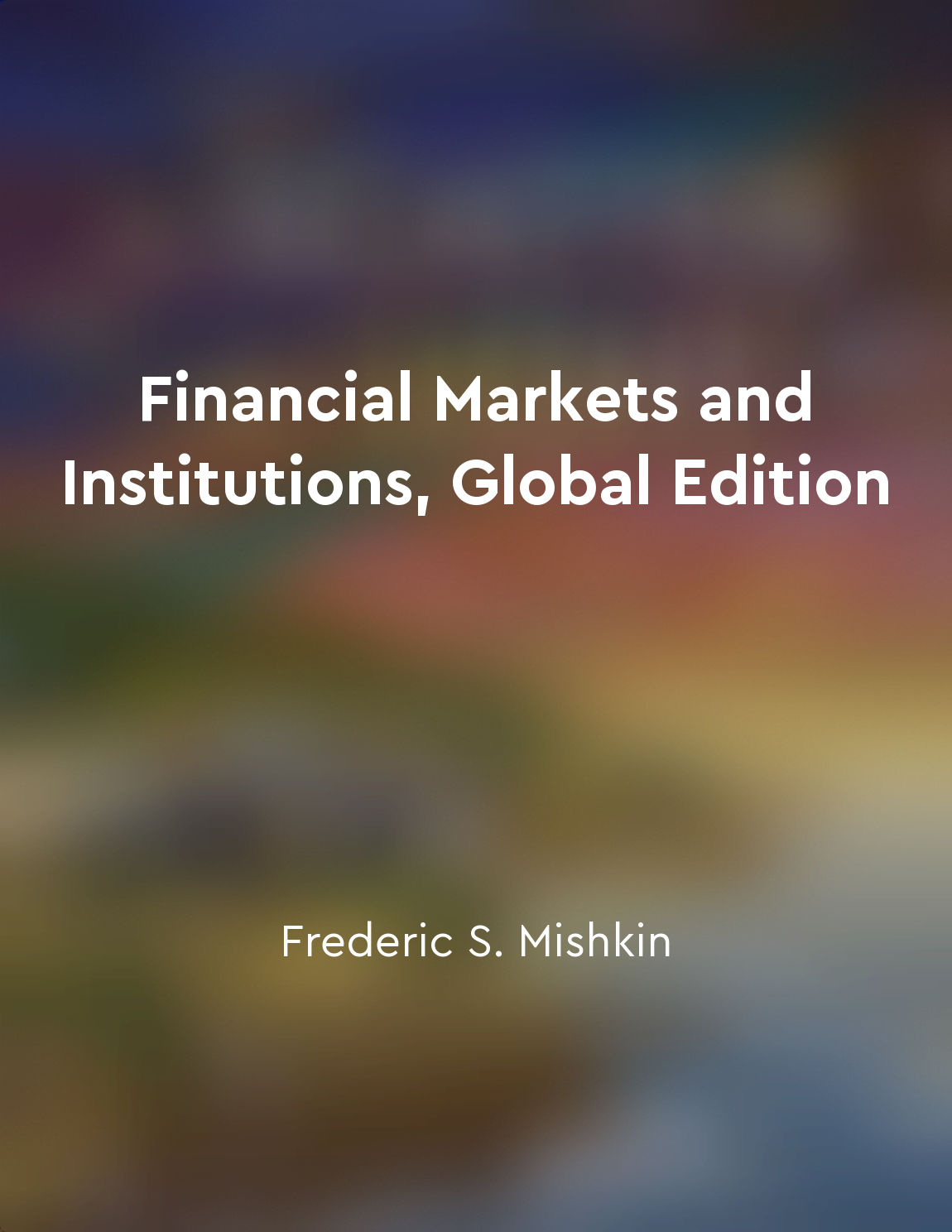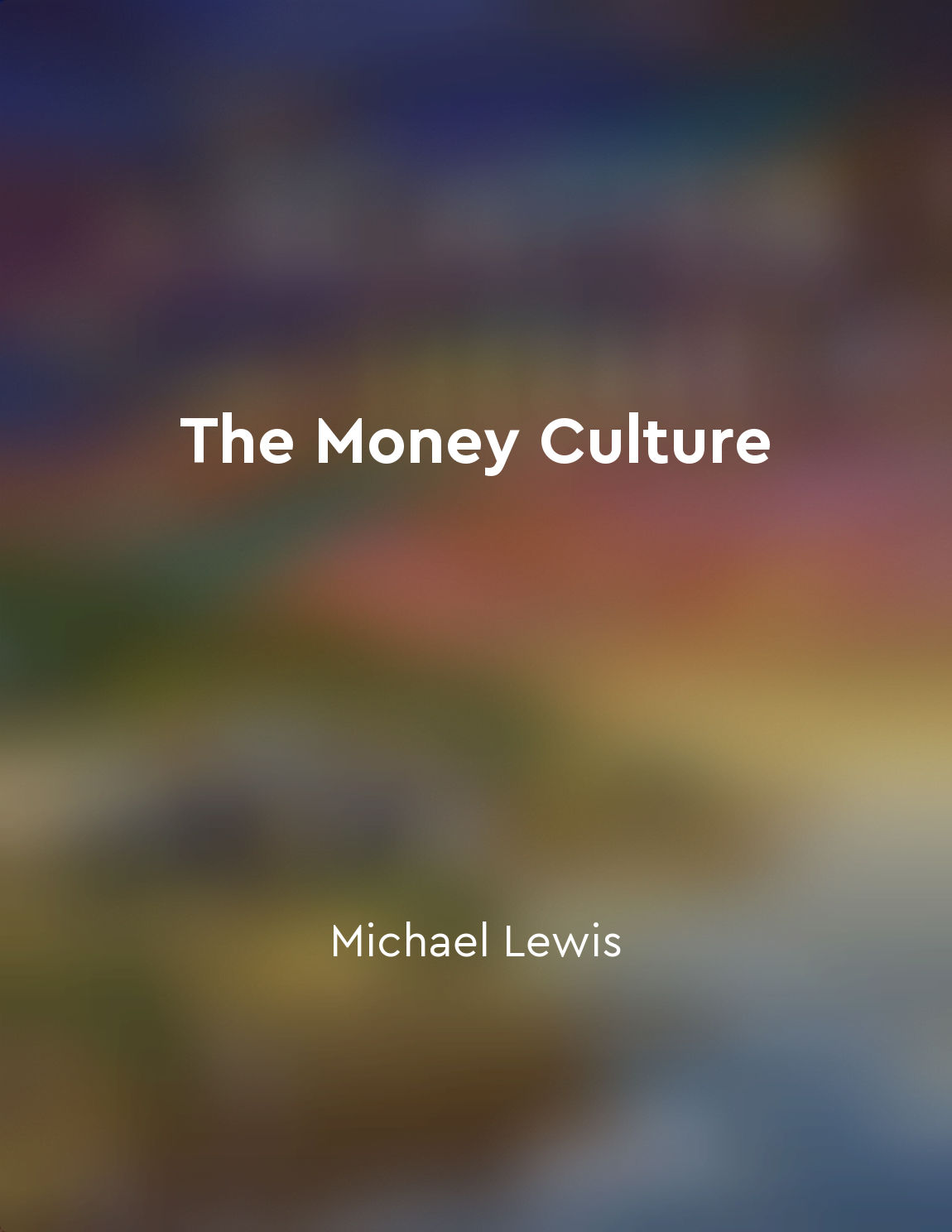The subprime mortgage industry was riddled with corruption from "summary" of The Big Short by Michael Lewis
The subprime mortgage industry wasn't just flawed; it was corrupt to its core. To say that it had a few bad apples would be an understatement. The entire barrel was rotten. The people running the show didn't just turn a blind eye to shady dealings; they actively encouraged them. From lenders to investment banks, everyone was in on the scheme. It wasn't just the borrowers who were being taken for a ride; investors were being duped as well. The mortgage-backed securities being sold were like ticking time bombs, waiting to explode and take down the financial system with them. But no one seemed to care as long as the money kept pouring in. The rating agencies, whose job it was to assess the risk of these securities, were either incompetent or complicit in the fraud. They gave top ratings to securities that were essentially worthless, lulling investors into a false sense of security. And when the whole house of cards finally came crashing down, they claimed ignorance, as if they had no idea what was going on right under their noses. Regulators were asleep at the wheel, too busy cozying up to the industry they were supposed to be policing. They turned a blind eye to the rampant fraud and abuse, allowing the corruption to fester until it was too late to contain. And when the crisis hit, they were caught off guard, scrambling to pick up the broken pieces of a system they had failed to protect. The subprime mortgage industry was a cesspool of greed and deceit, where everyone from the lowliest borrower to the highest-ranking executive was complicit in the corruption. And as the fallout from the financial crisis spread far and wide, it became painfully clear that the rot ran deep, infecting every corner of the system.Similar Posts
Community
Community in 'The Unwinding' is portrayed as a complex and multifaceted entity that shapes the lives of individuals in profound...

Investors use financial instruments to diversify their portfolios
Investors often seek to diversify their portfolios as a way to manage risk. This involves spreading their investments across di...
Derivatives can be used to hedge against risk
Derivatives can play a crucial role in managing risk. Companies face various risks in their day-to-day operations, ranging from...
Consumer confidence is impacted by debt levels
Consumer confidence is a crucial driver of economic activity. When consumers feel optimistic about the future, they are more li...
The euphoria phase of financial bubbles is followed by a painful reckoning
The financial history of mankind is filled with episodes of euphoria. These moments are characterized by an irrational exuberan...

Wall Street's culture of excess must change
The excesses of Wall Street are not merely financial. They are moral and ethical as well. The culture of Wall Street is one of ...
Recovery efforts were slow
The efforts to recover from the economic collapse of 1929 were characterized by a frustrating lack of speed. There was a pervas...

Financialization distorts economy
Financialization is the process by which financial markets, financial institutions, and financial elites gain greater influence...
Corporate accountability and responsibility
The notion of holding corporations accountable and responsible for their actions is a critical theme in "Too Big to Fail." Thro...
